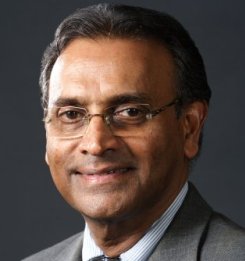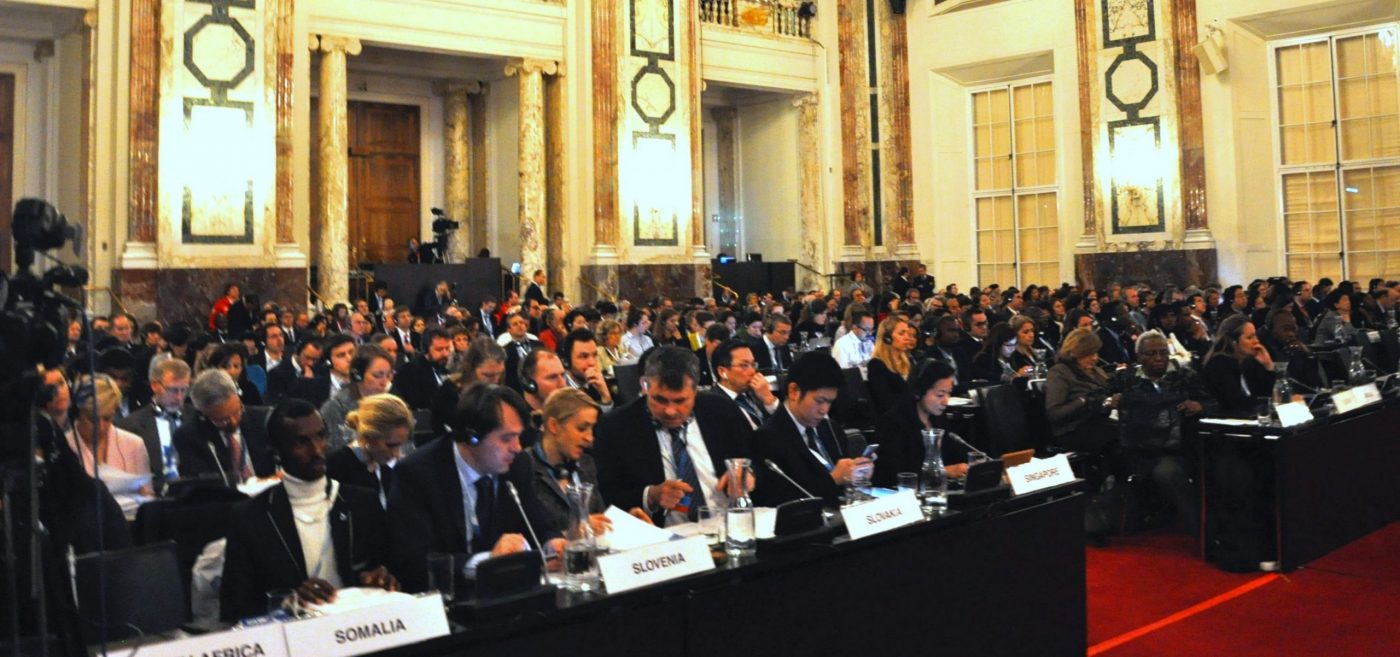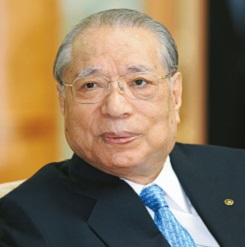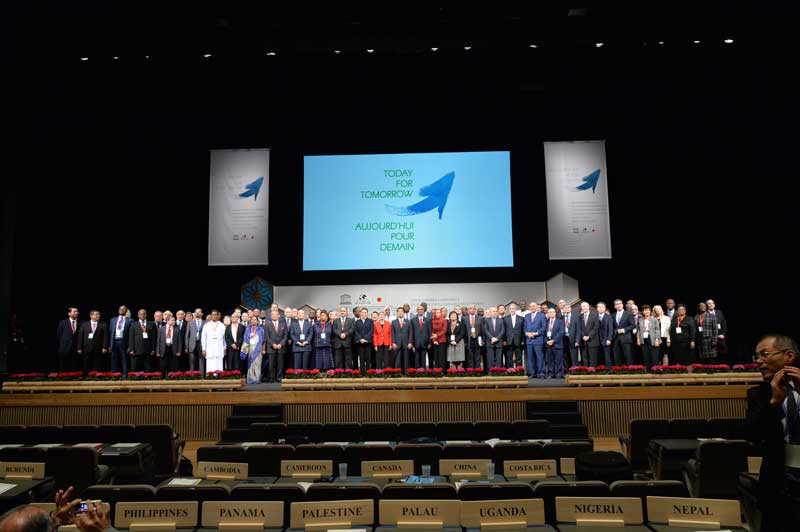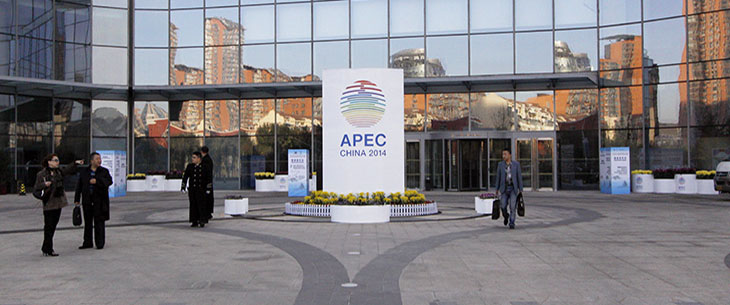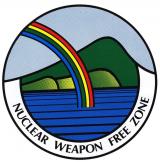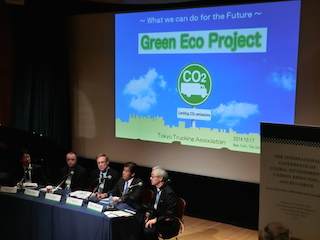By Jayantha Dhanapala* | IDN-InDepth NewsViewpoint
KANDY, Sri Lanka (IDN) – Dr. Henry Kissinger – veteran Harvard academic in political science, author, diplomatic practitioner and respected commentator on international affairs despite a chequered career in the U.S. Government – published his latest book “World Order” at the end of 2014 providing us with a historical analysis of a quest for a rule based global order.
That quest has to be undertaken in a world where in Kissinger’s words, “Chaos threatens side by side with unprecedented interdependence; in the spread of weapons of mass destruction, the disintegration of states, the impact of environmental depredations, the persistence of genocidal practices and the spread of new technologies threatening to drive conflict beyond human control or comprehension.”

